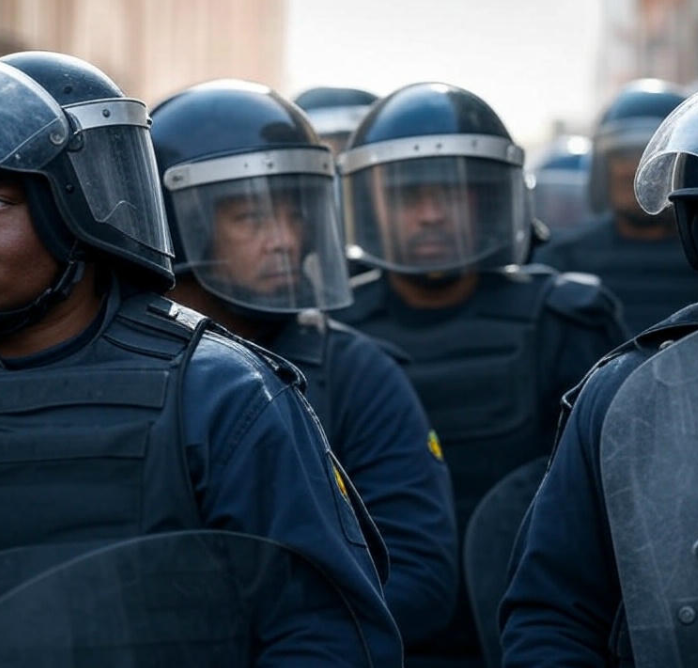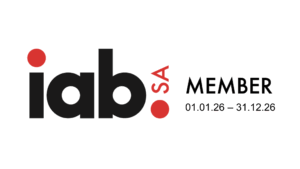Azwihangwisi Judith Mphidi, Tshwane University of Technology
Corruption in South Africa’s public institutions has been a pressing issue for the past two decades. From national government offices to local municipalities, stories of officials enriching themselves at the expense of the public have become all too familiar.
The Tshwane Metropolitan Police Department – responsible for traffic policing, crime prevention, and by-law enforcement in South Africa’s capital city – has not escaped this crisis.
With over four million residents spread across 6,298 square kilometres, Tshwane plays a vital role in the country’s political and economic landscape. Yet its municipal police department, one of the largest in South Africa, with an average of 4,000 operational staff, is increasingly associated with allegations of bribery, abuse of power and unethical behaviour.
I am a postdoctoral researcher with a focus on criminal justice, and an active social justice advocate. In a recent research paper, I explored how corruption in the Tshwane Metropolitan Police Department is damaging public trust and compromising law enforcement and crime prevention.
I was able to observe the culture and environment of the Tshwane Metropolitan Police Department as a motorist and as an employee under the city’s Community and Social Development Department.
My research drew on texts and context rather than analysis of numbers, since the study was written after I left the City of Tshwane. I relied on my first hand experience, and already published and documented evidence. I did not need special permissions to do this but cited sources consulted.
The study found that motorists view the Tshwane Metropolitan Police Department as predators rather than protectors. Corruption in the traffic police is more than a betrayal of public trust. When officers take bribes instead of enforcing traffic laws, road safety suffers.
Inside the Tshwane Metropolitan Police Department
In recent years, the Tshwane Metropolitan Police Department has been accused of recruiting members with criminal records and cases of corruption.
My key findings were about:
Hiring practices: Individuals with criminal records have been recruited into the department. Vetting is conducted, but the reports come later when they are already employed, then they are expelled.
Bribery: Motorists frequently report officers soliciting bribes during routine traffic stops or other bribery related incidences. Some of these reports are made to the mayoral committee member for community safety.
Lack of accountability: Officers implicated in corruption are not always dismissed, or may face minimal consequences.
Public complaints: Over 200 officers have been under investigation for various misconduct allegations in recent years.
Political interference and leadership instability
In the course of the research, I found that another key factor undermining the effectiveness of the Tshwane Metropolitan Police Department is political interference in operational matters and leadership appointments as a result of the structure of the municipalities across the country. All mayoral committee executives and council members are politicians.
Frequent reshuffling of senior leaders based on politics rather than merit weakens strategic direction and fosters corruption. Politically connected individuals often secure positions without proper vetting, either due to delays in completing reports or human resources not waiting for the report before proceeding with appointments.
The combination of weak vetting processes, inadequate oversight, and political interference has created an environment where corruption is not only possible but, in some cases, normalised.
Damage to the capital city’s global reputation and tourism
The corruption within the Tshwane Metropolitan Police Department not only affects local residents but also tarnishes Pretoria’s reputation as South Africa’s administrative capital, home to embassies from around the world.
As the city hosts more than 130 foreign diplomatic missions — the second-largest concentration of embassies in the world after Washington DC — the behaviour of municipal police officers directly influences the capital city’s global image.
When officers solicit bribes or abuse their power during routine traffic stops, they might not distinguish between local residents, foreign diplomats or tourists. This indiscriminate targeting is likely to create an unsafe environment for international visitors and damage the trust of foreign nations engaging with South Africa.
What needs to be done
Addressing corruption in the Tshwane Metropolitan Police Department will require urgent reforms. Based on the research, I argue that the following actions are essential:
Stricter recruitment processes: Background checks should be mandatory for all officers. Individuals found to have criminal records should be disqualified from serving.
Body cameras and digital monitoring: Equipping officers with body cameras would provide an objective record of interactions with the public.
Independent oversight: An external body should be established to investigate complaints and ensure accountability. Currently, municipal policing is governed by the South African Police Service Act 68 of 1995, and the Independent Police Investigative Directorate investigates some complaints. But it appears to have limited resources.
Ethics training: All officers should get regular training to reinforce the importance of integrity and professionalism. They are currently trained at the Police Academy and get support from academic institutions, including the University of Pretoria.
Community engagement: Building partnerships between the Tshwane Metropolitan Police Department and the communities it serves can help restore trust and improve transparency.
Municipal policing law
Restoring public confidence requires more than piecemeal reforms — it demands a new legal framework.
A South African Municipal Policing Act could create a unified standard for municipal policing across the country, addressing many of the root causes of corruption. This legislation could introduce:
National municipal police officers register: A centralised database that records applications, criminal background checks, disciplinary history, and performance assessments of all municipal officers.
Uniform ethical standards: Clear ethical guidelines that apply to all municipal police officers, regardless of location.
Independent oversight: An investigative body focused solely on municipal policing.
Mandatory pre-vetting process: All applicants would undergo fingerprint-based criminal record checks.
Cross-municipal blacklisting: Officers dismissed or suspended from one municipality would be automatically barred from working in another.
Digital recording systems: All municipal police vehicles and personnel would be equipped with body cameras and GPS tracking systems to improve accountability.
A framework like this would close loopholes that allow corrupt officers to move between municipalities undetected. It would also prevent the recycling of officers with criminal records.![]()
Azwihangwisi Judith Mphidi, Post Doctoral Research Fellow, Tshwane University of Technology
This article is republished from The Conversation under a Creative Commons license. Read the original article.
Follow African Insider on Facebook, Twitter and Instagram
Picture: X/@SAgovnews
For more African news, visit Africaninsider.com
Source: The Conversation



